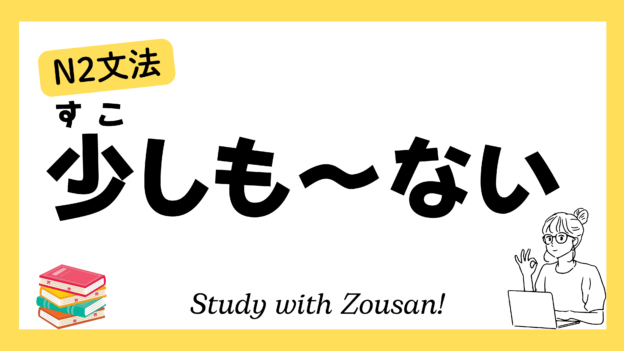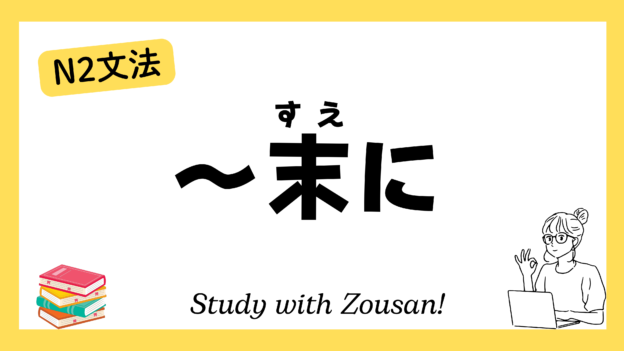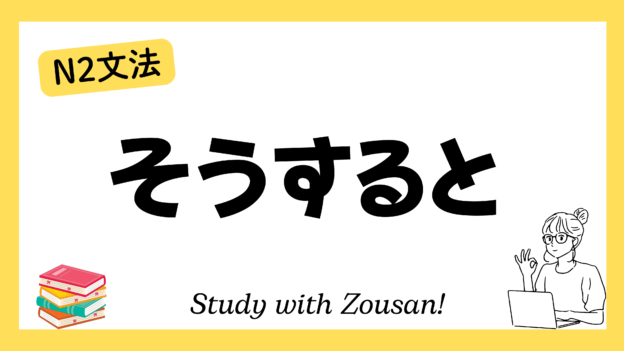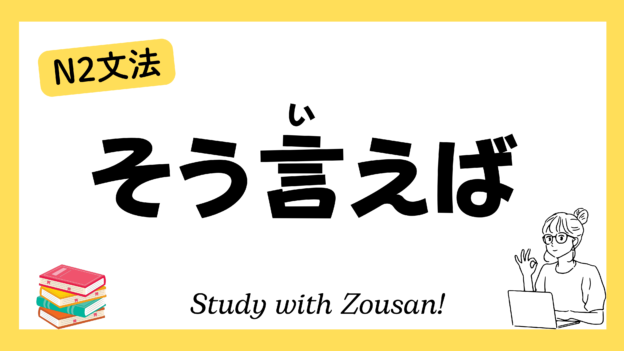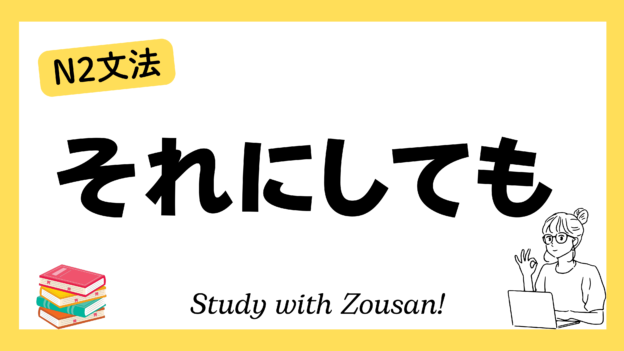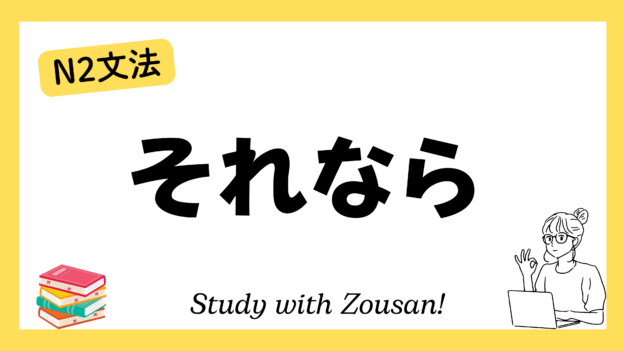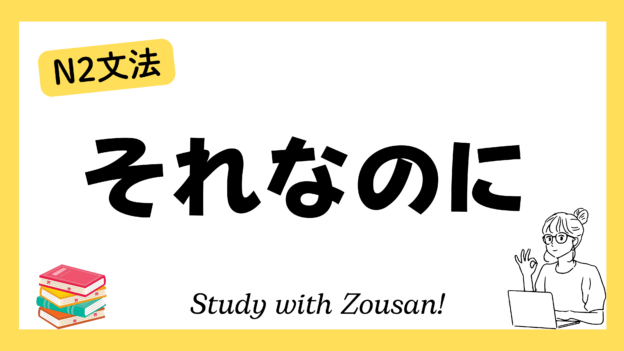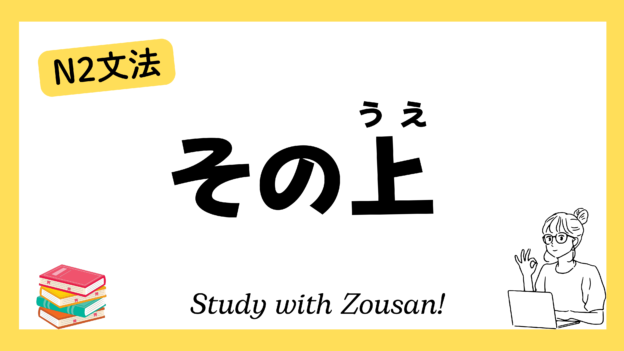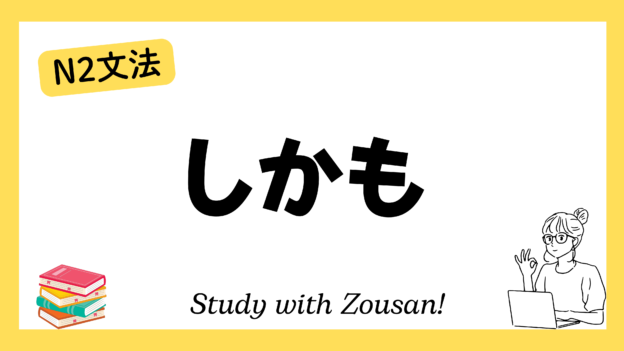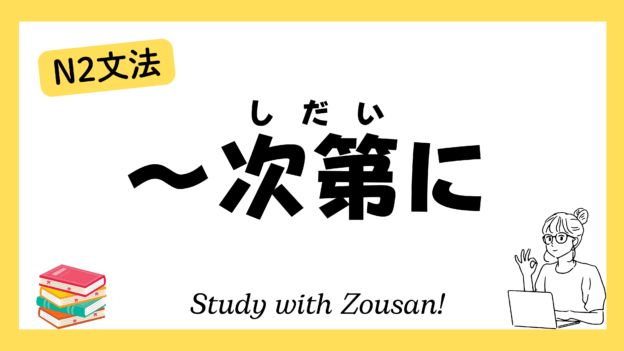Meaning: “Not at all…” / “Not even a little…”
少しも~ない is used to emphasize complete negation, indicating that an action or state does not occur at all or that there is no degree of it present.
※Note:
・少しも~ない is often used in both spoken and written language to emphasize the total degree of negation.
・This structure is typically used with verbs or adjectives to express a complete lack or minimal level of something.
Structure:
| 少しも + | Verb (ない form) |
| Noun + ではない | |
| な-adjective + ではない | |
| い-adjective + |
Example:
-
-
-
🌟 彼の話は少しも信じられない。
(かれ の はなし は すこしも しんじられない)
I don’t believe his story at all. -
🌟 この料理は少しもおいしくない。
(この りょうり は すこしも おいしくない)
This dish is not tasty at all. -
🌟 少しも疲れていないので、もっと走れます。
(すこしも つかれて いない ので、もっと はしれます)
I’m not tired at all, so I can run more. -
🌟 彼女は少しも怒っていないように見える。
(かのじょ は すこしも おこって いない よう に みえる)
She doesn’t seem angry at all. -
🌟 少しも心配しなくていいよ。
(すこしも しんぱい しなくて いい よ)
You don’t have to worry at all. -
🌟 その映画は少しも面白くなかった。
(その えいが は すこしも おもしろくなかった)
The movie wasn’t interesting at all. -
🌟 少しも寒くないから、コートは要らない。
(すこしも さむくない から、コート は いらない)
It’s not cold at all, so I don’t need a coat. -
🌟 彼の態度は少しも変わらなかった。
(かれ の たいど は すこしも かわらなかった)
His attitude didn’t change at all. -
🌟 この仕事は少しも難しくない。
(この しごと は すこしも むずかしくない)
This job is not difficult at all. -
🌟 少しもお金が残っていない。
(すこしも おかね が のこっていない)
There’s no money left at all.
-
-


